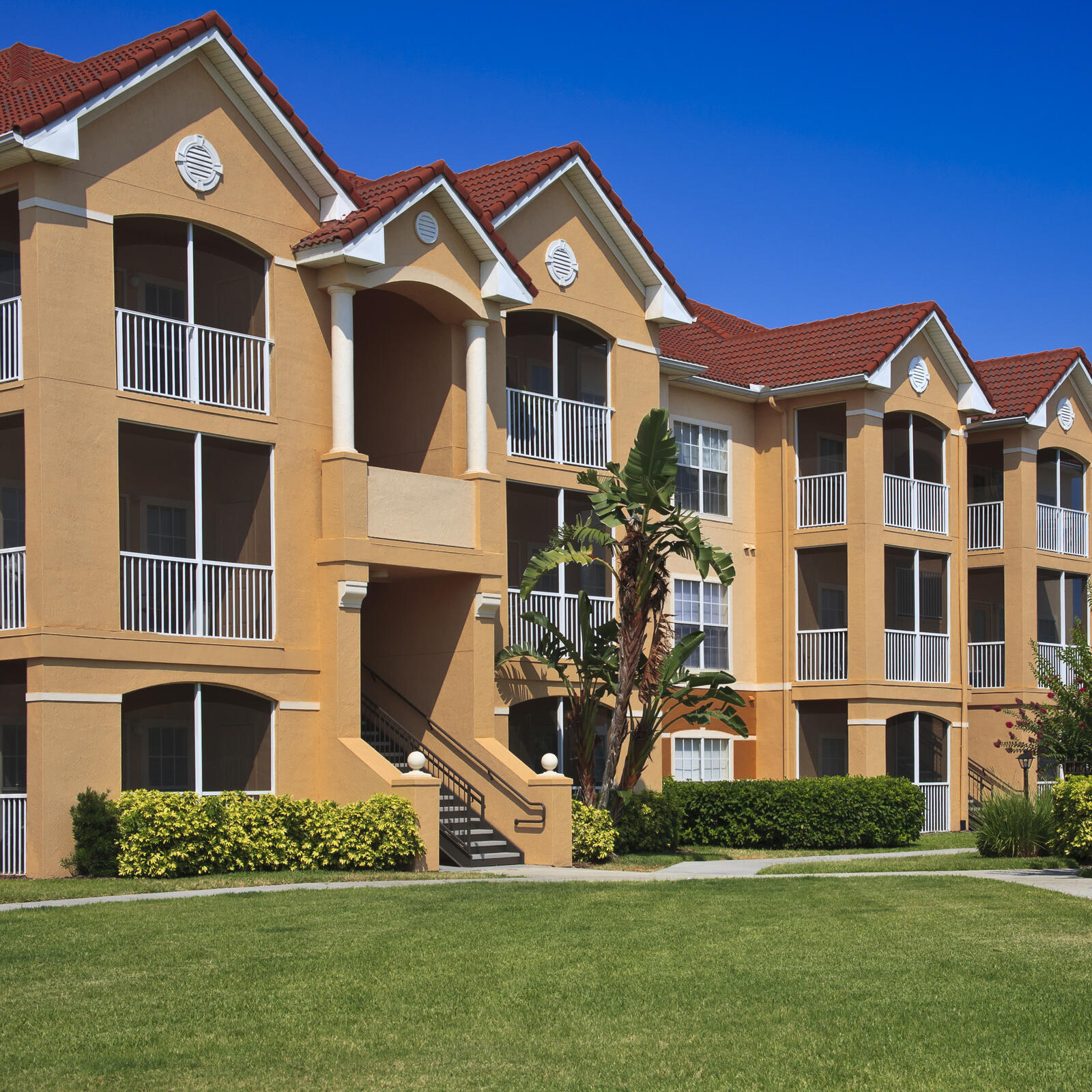
Affordable Housing
To maximize affordable housing benefits for your organization, you need to navigate complex administrative procedures, tax guidelines, and compliance mandates.
Affordable housing regulations provide economic benefits for both for-profit and not-for-profit low-income housing developers, service-enriched housing program providers, investors, lenders, and syndicators. Errors can result in significant financial consequences, so it’s important to partner with a service provider that has a proven track record of success and expertise.
With a national footprint in tax credit and affordable housing programs, EisnerAmper offers comprehensive services across all facets of the affordable housing industry, from deal inception to year 15 exit plans.

A Leader in Affordable Housing
Our team has helped shape policy at Federal and state levels, and assisted developers, governmental bodies, and investors – driving communities to achieve their utmost potential.
EisnerAmper’s deep experience in the affordable housing space means our team understands the unique compliance and planning issues our clients face.
We serve clients across all asset classes within the affordable housing space, including:
- For-profit and Not-for-Profit Developers
- Service-enriched Housing Program Providers
- Not-for-Profit Charitable, Religious, and Social Welfare Entities
- Affordable Housing Tax Credit and Loan Programs
- HUD Programs
- USDA-RD Programs
- Mixed-use Developments
- Senior Housing
Comprehensive Services for Affordable Housing Projects
EisnerAmper’s team helps you review and evaluate the meaning of all reports and information received during the engagement. In addition, we clearly communicate our findings to enhance your understanding of significant areas.
Our affordable housing services include:
- Annual audits of Low-Income Housing Tax Credit projects
- Annual tax preparation for auditee and associated general partners
- Annual Form 990 preparation (for not-for-profits)
- Annual HUD audits
- Annual compliance audits performed in accordance with GAGAS and Uniform Guidance for various state agencies
- Annual REAC submission
- 10% test engagements
- Cost certification audits
- Capital adjuster calculations
- State agency and investor communications
- Transaction Services and Tax Consulting
- Investor Services and Consulting
- Compliance Services
- Transition and Compliance Consulting

HUD mandates peer review approval for firms qualified to perform these audits. At EisnerAmper, our quality control system has received outstanding evaluations through the Peer Review Program administered by the American Institute of Certified Public Accountants. We take pride in being part of a select group of firms that consistently receive an unqualified report on our system of quality control for accounting and auditing practices.
Ensure your audits are conducted with the highest standards of excellence. Fill out the form below to learn how partnering with EisnerAmper can enhance your financial accuracy and compliance.
Affordable Housing Insights
Curated content related to current affordable housing issues and opportunities.








